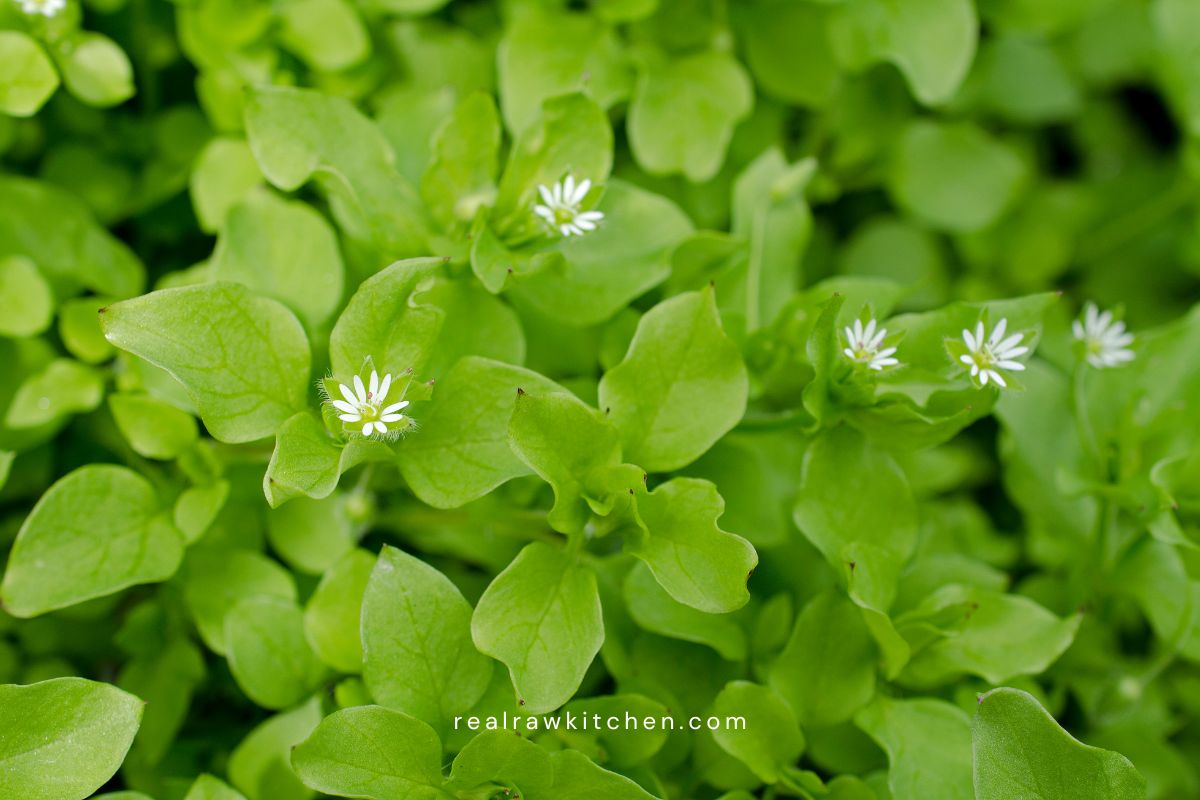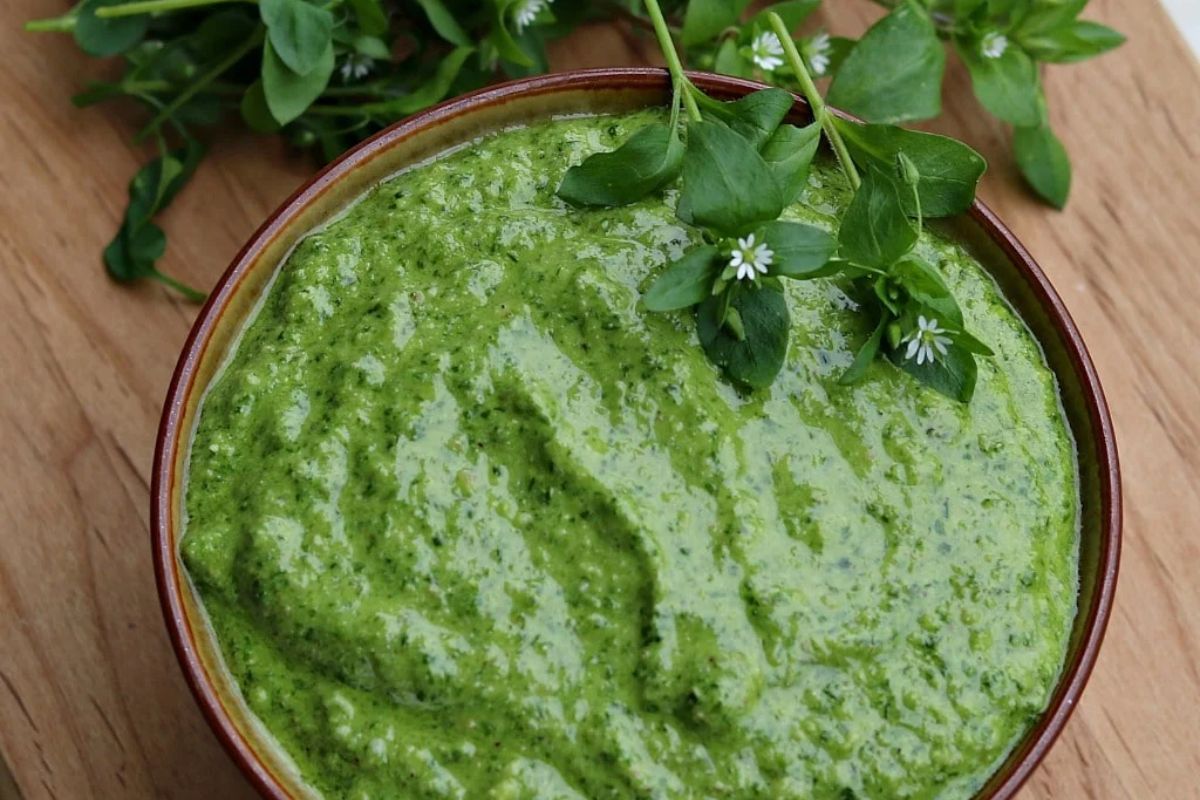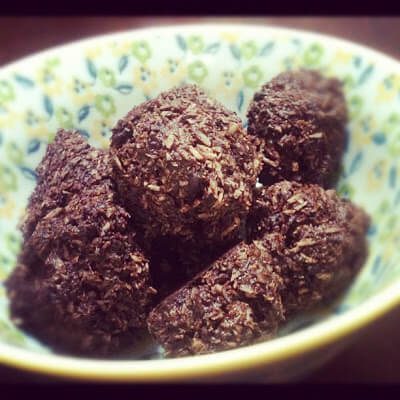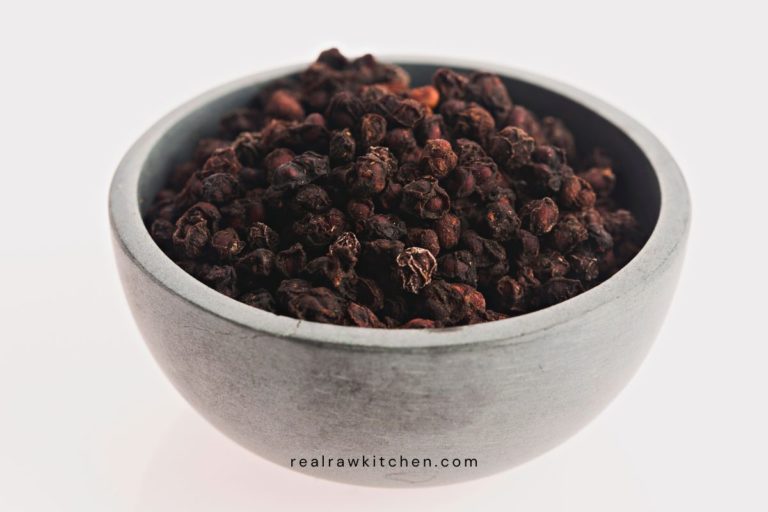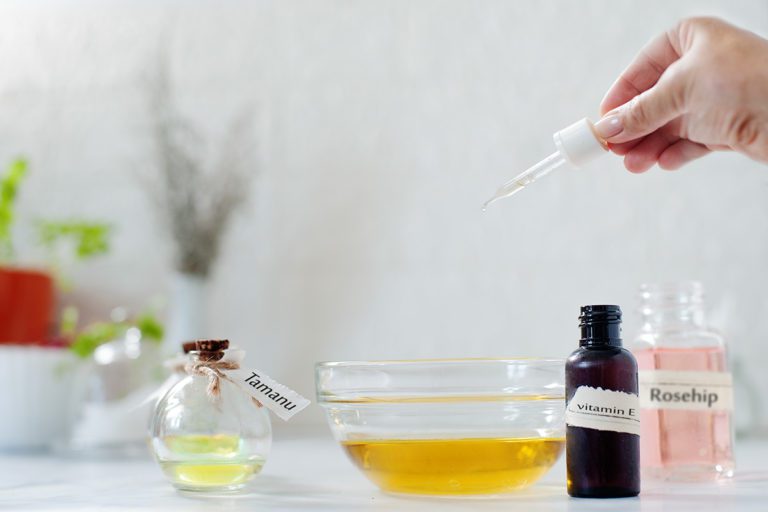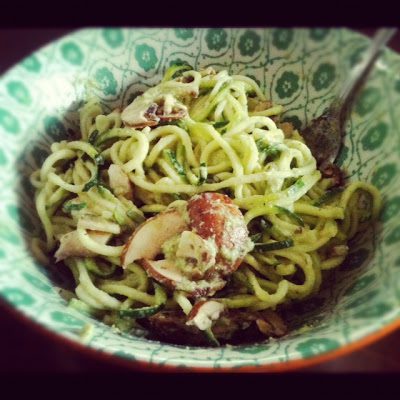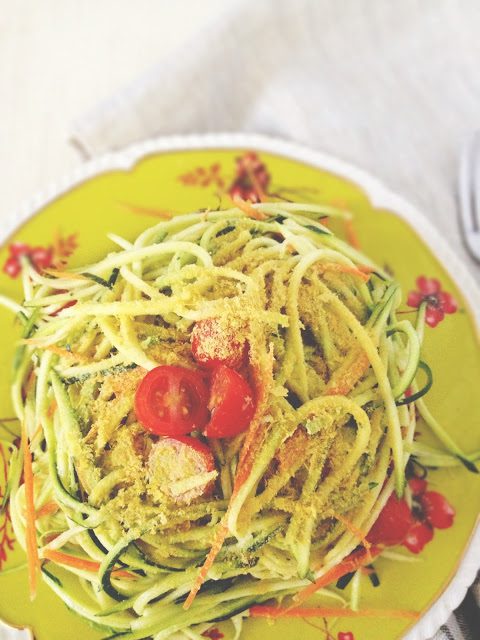Commonly known as starweed, or stellaria media, chickweed is a common weed that is native to Europe. It has since spread through the United States and many other parts of the world.
The plant earned its name due to the cluster of delicate, star-shaped white flowers it produces because stellaria means “star” and media means “in the midst of”. With a hairy stem and star-shaped, white flowers, chickweed is often mistaken for a useless weed, but it’s actually a medicinal and extremely useful plant that can spontaneously grow in any garden.
Its stringy yet succulent stems have been known and used for centuries in folk medicine as a natural remedy for the cleansing and healing of wounds. In European traditional medicine, Chickweed was used to treat a wide spectrum of conditions including, bronchitis, asthma, and indigestion.
Nowadays, the history and use of this plant often remain unknown, but its many qualities are nonetheless real. Let’s find out all about this delicate yet powerful plant that you’ll be able to add to your at-home medicine cabinet too.
Chickweed benefits
As we’ve seen, the chickweed plant has always been known in folk medicine, and its use has been recorded as far back as the 16th century as a way to treat wounds.
Over the years, its use then gradually broadened, as it was often used as a sort of “blood cleanser,” as well as a cure to treat conditions like asthma, constipation, menstrual pain, peptic ulcers, rabies, respiratory illnesses, and as we said, scurvy.
Moving onto modern times, there have been few reliable studies investigating chickweed benefits but there’s reason to believe that this herb is high in antioxidants, saponins, vitamins C and A, as well as various anti-inflammatory compounds.
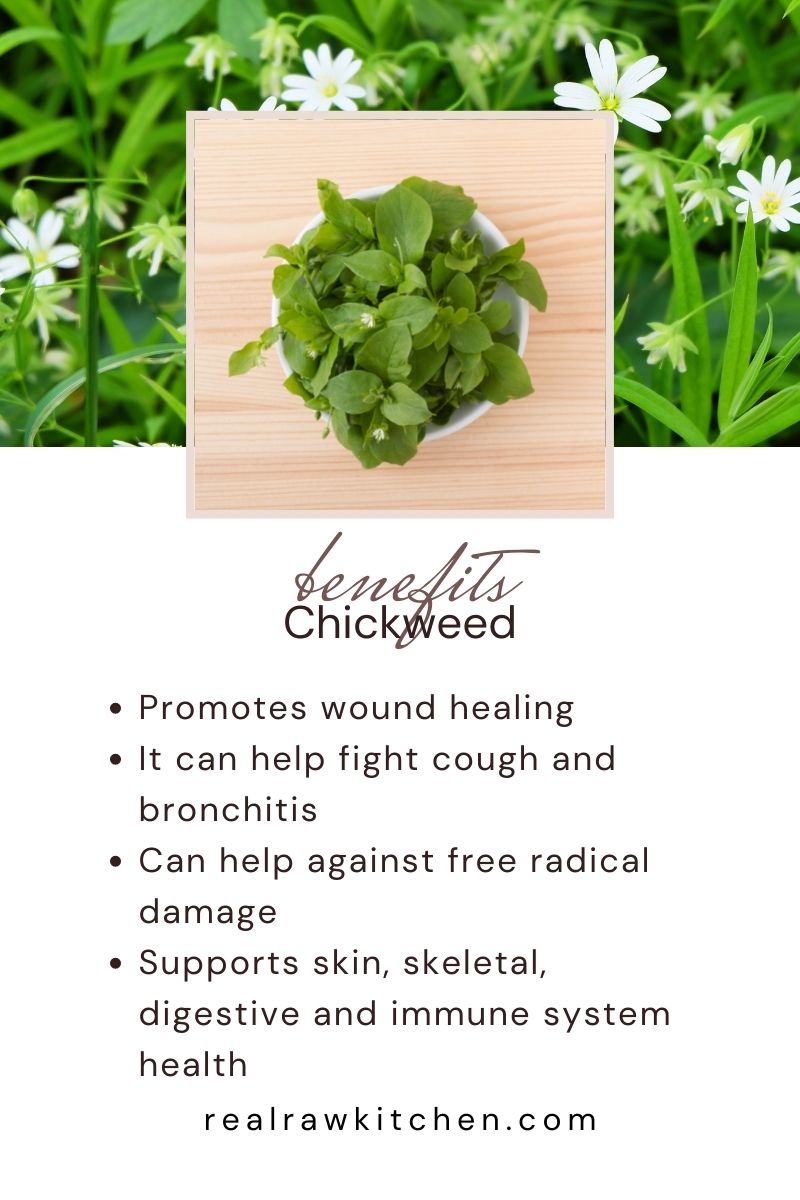

Let’s now give a closer look at each benefit in more detail:
- Promotes wound healing: since it has many anti-inflammatory effects, chickweed may be used to fight germs and help heal wounds and infections. When used topically, chickweed is generally considered safe and well-tolerated.
- It can help fight cough and bronchitis: some test-tube studies indicate that chickweed is a good expectorant, meaning it may help loosen mucus, thus helping you cough and it can fight some respiratory tract illnesses like bronchitis
- Can help against free radical damage: Source of Vitamins and Antioxidants: Stellaria species are rich in nutrients including vitamins C and A, B vitamins, magnesium, iron, calcium, and zinc. This plant even contains a decent amount of protein, as well as a good dose of fiber. Recent studies have demonstrated that chickweed contains antioxidants and flavonoids, which have the ability to fight free radical damage.
- Promotes Immune System health: due to its great quantity of vitamin C and zinc, it can support overall immune system health and protect against a number of conditions, such as coughs, asthma, allergies, and bronchitis.
- It benefits skeletal health: thanks to its supply of calcium and magnesium, and its supply of antioxidants like vitamin C and vitamin A along with zinc it can also be used to treat bone or joint pain.
- Supports skin health: because it has natural astringent, anti-inflammatory, cooling, and drying effects, chickweed has been used to support skin health, helping to treat skin conditions such as rashes and itchiness, cuts and scrapes, acne, eczema, psoriasis, minor burns, and insect bites.
- It can promote digestive health: chickweed offers gut, digestive, kidney, and intestinal support due to its antioxidants, fiber, essential vitamins, and minerals, such as magnesium, and due to its natural diuretic properties.
Potential risks and side effects
Despite its many benefits and qualities, it’d be best to dig a little deeper into the features of this plant to understand its potential risks and side effects. This way, when we have a better understanding of this plant we can use it more safely. However, it’d be better to keep in mind to ask for professional medical advice before use.
Let’s revise some of the potential risks and side effects of this plant:
- Might cause a mild rash on sensitive/allergic skin: Some people with sensitive skin or those who are allergic to plants of the daisy family may be at higher risk of skin rash when consuming the plant.
- Don’t abuse: as we always say, for as much as this plant can be beneficial for you, it’d be better to keep an eye on the quantity we’re consuming. Consuming excessive amounts of chickweed can cause nausea, upset stomach, diarrhea, and vomiting. Plus, the plant is high in saponins, which are compounds that may cause an upset stomach in some people.
- Might not be suitable for kids and breastfeeding women: since there’s not enough scientific evidence that proves that using chickweed is safe for children or women who are pregnant or breastfeeding, it’d be better to either avoid the plant to prevent adverse outcomes or consult your healthcare provider for professional medical advice before consumption.
Forms and doses
Chickweed is one of those natural medicines that has an ancient and mystical history, with its roots soaked in folklore and myth. For example, it was believed that Chickweed was connected with the moon’s energy, hence with feminine energy, love, and fertility. For this reason, it was once used as a powerful love potion, which was potentially able to draw the attention of the loved one. Besides its presumed magical powers, chickweed has a great variety of culinary and folk remedy uses that date back centuries.
One of the populations who were well aware of the properties of this powerful plant was the Native Americans, who used it to treat respiratory disorders, such as colds, coughs, flu, and sore throats or to treat wounds. And apparently, it is said that this plant has always been used in traditional Chinese medicine for centuries, mainly to cure skin diseases and dermatitis.
On top of that, it’s also known that the many qualities and benefits of this plant were no secret also for sailors, who used Chickweed vinegar to prevent scurvy. Today, we can still benefit from the many qualities of this powerful herb in many useful ways!
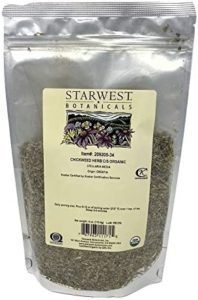

Some of the most popular ones are:
- Chickweed Skin Salve: to help fight inflammation, minor burns, cuts, and insect bites, combine it with nourishing oils such as coconut or olive oil. Simply add the herb to melted oil, stir it up in a pan and let it sit for a while before use. Best if used in small quantities. Recommended: Dr Christopher’s Original Formulas Chickweed Ointment
- Chickweed tea: Chickweed is great to flush and clean the kidneys because it also has mild diuretic properties. All it takes is to brew one tablespoon of dried chickweed with 250ml of boiling water and let it sit for five to eight minutes. Recommended: Buddha Teas Organic Chickweed Tea
- Chickweed Tincture: a tincture of chickweed can be used for inflammation, conjunctivitis, asthma, bronchitis, and arthritis as well as weight control. It is commonly taken 2-3ml each 2-3 times per day. Recommended: Chickweed Alcohol-Free Natural Tincture Extract
4 chickweed Recipes to try right now
Chickweed is not just powerful and nutritious but it’s also delicious. The flavor is said to be earthy and mild, very similar to spinach. You can eat fresh chickweed leaves raw, using them like sprouts to enrich your sandwiches and wraps but you can also make tasty salads, herbal butter, and pesto.
Alternatively, you can easily add it to other greens to make a powerfully nourishing green smoothie.
Chickweed pesto by Grow Forage Cook Ferment
For a fresh, garlicky chickweed pesto all you need to do is:
Ingredients
- 6 cups of fresh chickweed
- 2-3 cloves garlic
- 1 cup olive oil
- 1 tbsp of sea salt
- 1 cup toasted black walnuts, sunflower seeds, or pecans
- lemon zest to flavor
Instructions
- Finely chop the greens with a knife, rinse and swing to dry. Then Add half of the olive oil first to the food processor or blender, then add garlic, salt, and finally the greens. Eat fresh, store at room temp for up to a week, or freeze for up to 4 months.
Chickweed curry by Anchored Outdoors
To make a delicious, comforting, and rich chickweed curry you’ll need:
Ingredients
- ½ cup finely chopped chickweed
- ½ tbsp chopped fresh oregano
- 2 tbsp red wine vinegar
- 3 cloves of garlic finely minced
- 1 small jalapeño or serrano chili, or add depending to your taste
- 1 tbsp sea salt
- ½ tbsp freshly ground black pepper
- ½ cup olive oil
- ½ large shallot finely chopped, if the shallot is very small, use a whole one
Instructions
- Preferably chop up the herbs by hand, it’d be better not to use your blender because the sauce should be chunky and kind of raw, not too smooth. Mix all ingredients and let the sauce sit for 10 minutes before serving.
Chickweed soup by Wild Food UK
Wholesome and earthy and easy to make, this soup can be an amazing remedy to use all year round! To start, make sure you have:
Ingredients
- 3 large bunches of common chickweed (about 200g)
- 40 g butter or vegetable butter
- 2 shallots, chopped
- 1 large potato, peeled and diced
- 1.5 liters of vegetable stock
- 200 ml single cream, plus extra for serving
- Salt and freshly ground black pepper
- A squeeze of lemon juice
Instructions
- Start with rinsing and chopping off the bottoms of the chickweed. Then melt the butter in a large pan and cook the shallots for about 2 minutes. Add the potato and cook gently for another 5 minutes. Add the vegetable stock and bring it to a boil. Simmer for ten minutes, then add the common chickweed. Bring back up to a boil and simmer for 10 minutes.
- Reheat the pan and as the soup starts to boil again, remove the pan from the heat, and stir in the cream. Taste and season with salt, pepper, and a little lemon juice, before serving it into bowls then top with sprigs of fresh chickweed.
Chickweed salad by Tyrant Farms
To make a mouthwatering chickweed salad you’ll need
Ingredients
- 3 cups chopped chickweed
- ¼ cup purple daikon radish cut into small chopsticks
- ¼ cup carrots cut into small chopsticks
- 1.5 tbsp organic extra virgin olive oil
- 1 tbsp kombucha vinegar or use other salad vinegar
- 1 tbsp of fresh lemon juice or blood orange juice
- 1 tsp fresh or dried citrus zest Meyer lemon or blood orange
- pink sea salt to taste
Instructions
- Start with the greens and veggies, chop them and set aside. Keep in mind that chickweed is a very mild taste so try not to overlap it with other ingredients. Simply use a whisk to mix the liquid ingredients in a bowl. Then add veggies to the mix with a sprinkle of salt and top it with some zest before serving.
Learn more about herbal medicine
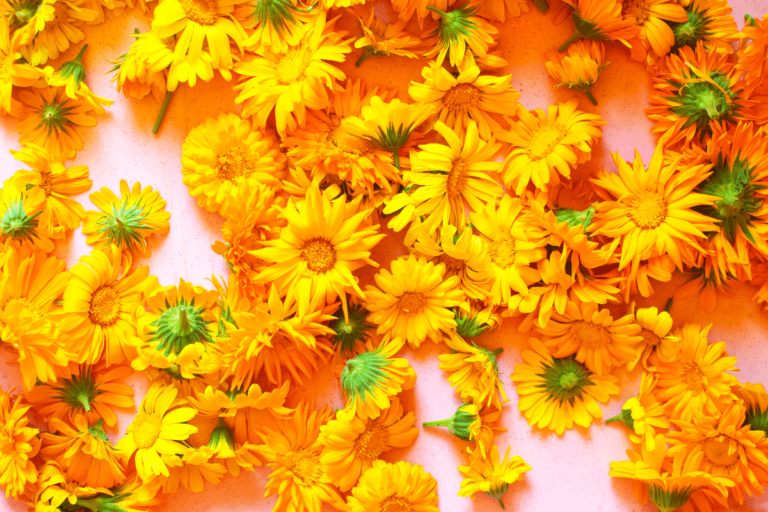

Calendula Benefits For Skin For Eczema, Dryness, & Wound Healing
Here are the powerful calendula benefits for skin and why I use it in all of my skincare products
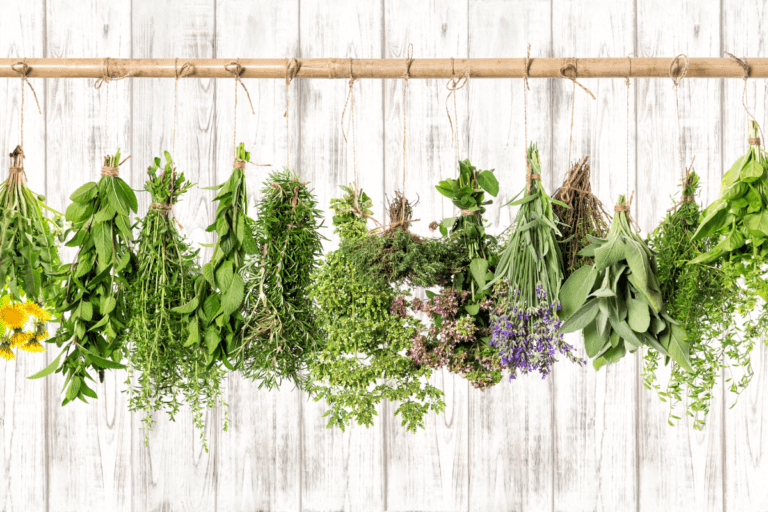

7 Herbs For PCOS (& Other Natural Remedies)
Research shows that these herbs for PCOS can help treat symptoms. Here’s which ones to try.
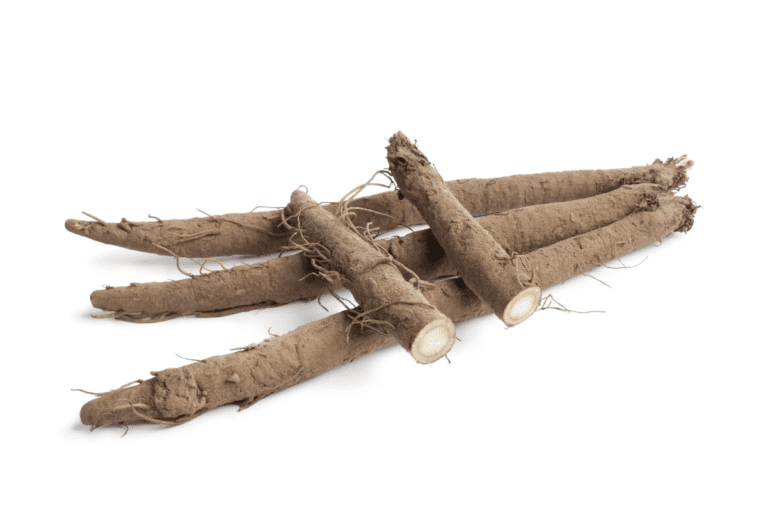

Burdock Root Benefits & Healing Recipes
These burdock root benefits will make you want to put this healing plant in your pantry!
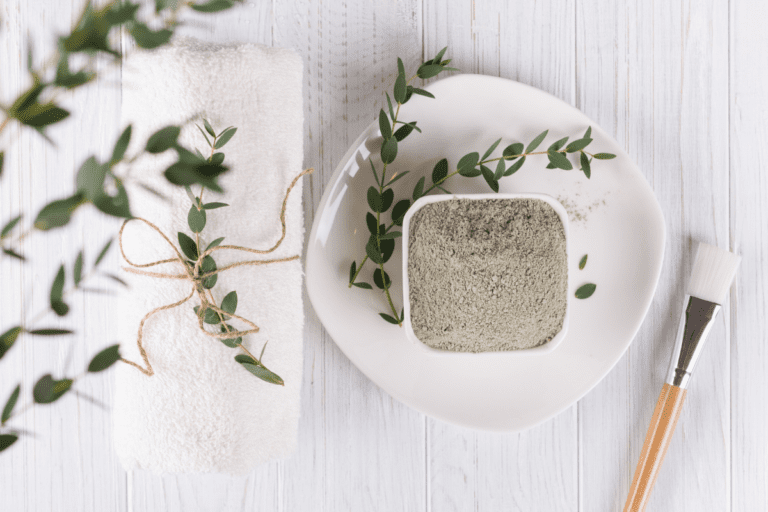

Incredible French Green Clay Benefits For Glowing Skin
Here are all of the incredible french green clay benefits for gorgeous, calm, healthy skin.


11 essential oils for PCOS relief and support
PCOS can be challenging for our beautiful bodies. Here are 11 essential oils for PCOS that can help make it a little easier.


How to use essential oils in the shower to heal everything
Here’s how I use essential oils in the shower, plus a few recipes!
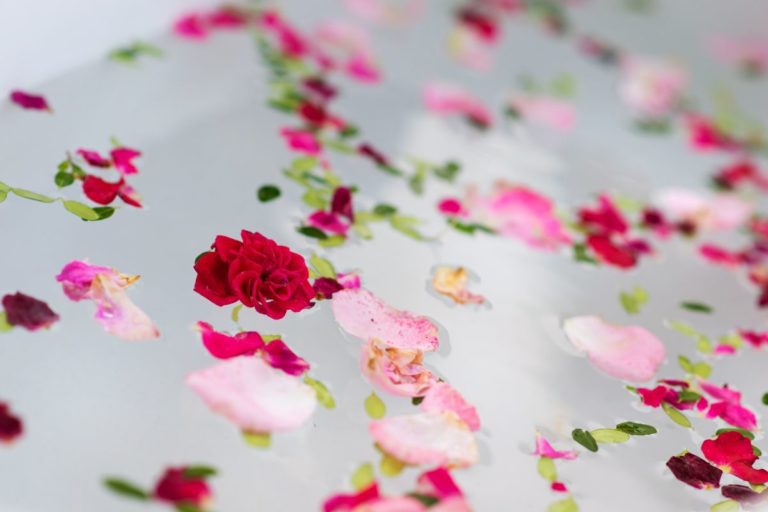

How to make a perfect herbal sitz bath
Here are the perfect herbs for a healing sitz bath.
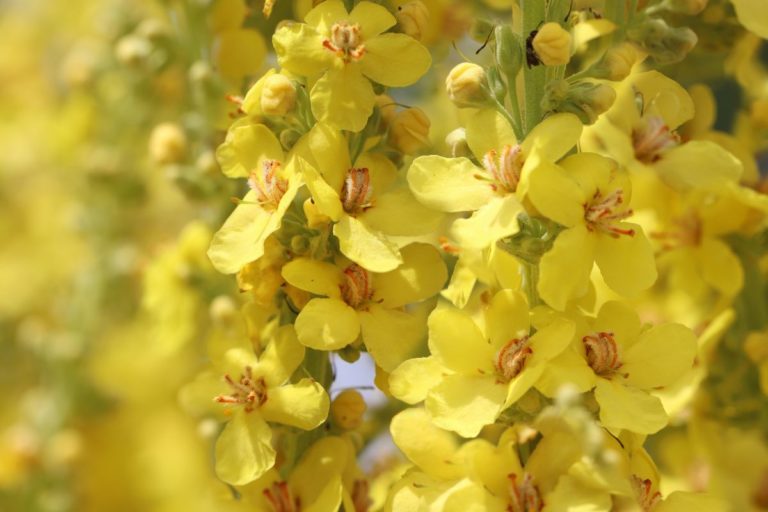

Exploring Mullein Plant Medicinal Uses (And Recipes)
Discover the medicinal benefits of the mullein plant for respiratory issues, skin conditions and ear pain. Plus a few recipes for your own home remedies.
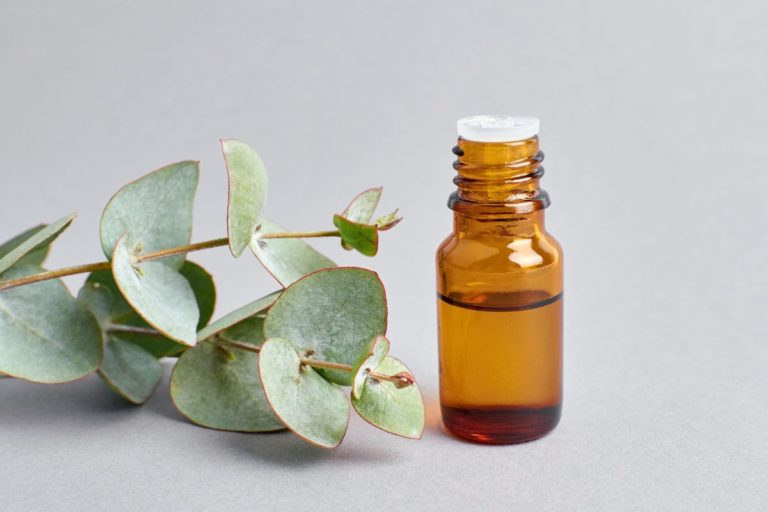

6 best essential oils for the lymphatic system
Essential oils can be used to stimulate the lymphatic system, reduce inflammation, and improve immune system functioning. Learn how to use essential oils for lymph nodes and which oils are most effective.
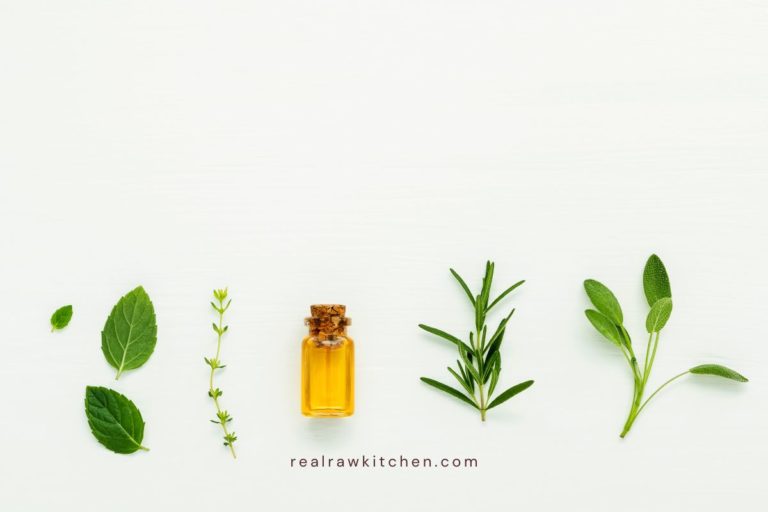

How to infuse herbs in oil: 6 ways to to make herbal infused oils
I love using fresh herbs for different medicinal and beauty recipes. These are my favorite ways to infuse herbs in oil quickly.
